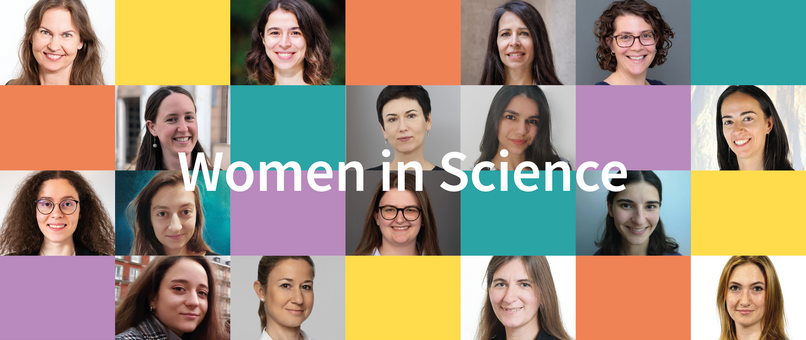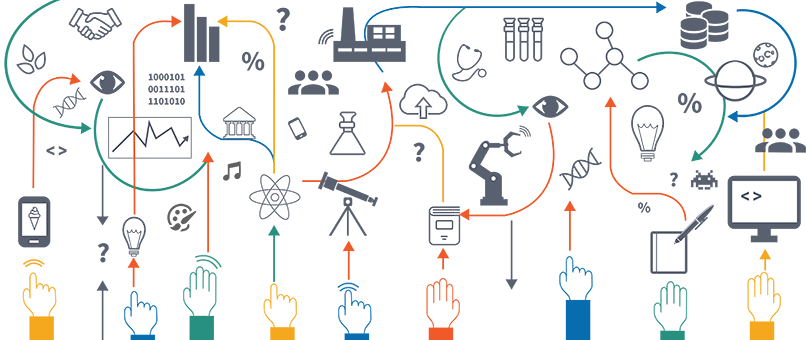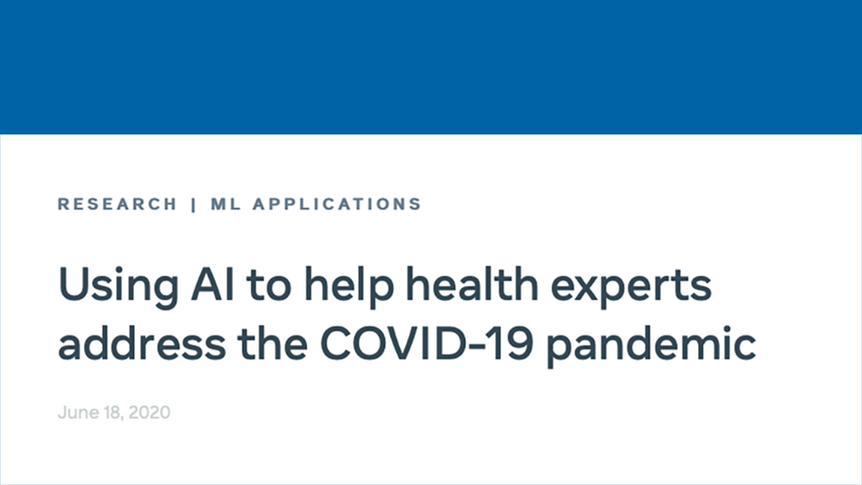Welcome to Data Science @ Uni Vienna!
Data Science @ Uni Vienna is a research network at the University of Vienna that presents a hub on all activities in data science at the University of Vienna. It represents the vast field of data science in its full breadth, offering world class expertise in computer science, mathematics, statistics, as well as in applications, for example in finance, medicine, industry 4.0, social sciences, natural sciences, digital humanities, and law. Our focus is to bring researchers from different areas together to work on and solve several of the challenges that this new field presents. To this end we are primarily driven by application problems whose solution requires novel methodological developments. The main research challenges to be tackled by this research network can be summarized as (a) application challenges, (b) methodological challenges, and (c) translational challenges. In addition to a shared belief in the importance of application, we are united by a focus on taking computation seriously in methodological research, whether that means ensuring its alignment to scientific problems, improving its robustness, scaling it effectively to larger data sizes, tailoring it to complex data types, or determining how it can best support and interact with humans.
Astronomy
Astronomy is currently undergoing a data deluge with multiwavelength missions on earth and space. The focus of the PhD project in this area is the development of algorithmic and visual analysis techniques for the Gaia mission data, an ambitious ESA satellite currently charting a three-dimensional map of our Galaxy with accurate positions and velocities of about 2 billion stars. The student will focus on large data exploration and data analysis to tackle astrophysical questions, making use of Data Science tools.
Digital Humanities
The Digital Humanities area will have a particular focus on digital historical studies. The student will focus on the development of suitable data models for information about historical people and cultures that is harvested from the digitisation of texts and artifacts. Another goal will be to look at how these models, and machine learning techniques that make use of them, will coexist with the interpretative critical frameworks through which historical analysis is usually done.
Finance
Potential topics in the area of Finance are visual analysis tools for the analysis of volatility, liquidity and market microstructure relations based on large cross-sections of limit order book data. A second area will focus on the development and application of dimension reduction techniques for high-dimensional dependence and network structures. Among others, further topics will be the development of monitoring tools to analyze market dynamics around singular events.
Social Sciences
In the Social Sciences, the goal is to study the social transformations that accompany and initiate technological change as well as to improve the toolkit available to social scientists for studying these questions. This necessitates the combination of traditional social scientific tools and questions with modern data science to develop computerized tools and algorithms for collecting, processing, analysing and visualizing large-scale, complex data.
Law
The Law area examines a wide range of legal questions concerning the modern media and information society that result from the rapid, continuing rise in technological innovations. An adequate answer to legal, ethical and social questions arising with the development of technology requires an interdisciplinary approach.
Medical Sciences
In the area of Medical Sciences the goal is to develop new data analysis methods supporting an integrative view on information originating from different sources including medical imaging, genetic data, clinical biomarkers and demographic data. We will particularly focus on clustering methods supporting the stratification of patient collectives with the long term goal of personalized medicine. As applications we will consider Alzheimer’s disease and breast cancer.
Industry 4.0
In Industry 4.0, the production process in a shop floor consisting of cyber-physical production systems produces huge amount of data. In addition a current trend in modern societies is the increased need in personalized products. In such dynamic environments exceptions and disruptions are frequent and often lead to unforeseen situations and possibly negative consequences. Hence, we focuses on detecting dynamic process changes or unexpected disruptions early by exploiting the available data. Moreover, strategies to avoid negative impacts whenever such disruptions occur have to be developed. Such strategies may apply predictive methods for planning in advance or adopt real-time planning approaches with the aim to revise the original plans quickly.










